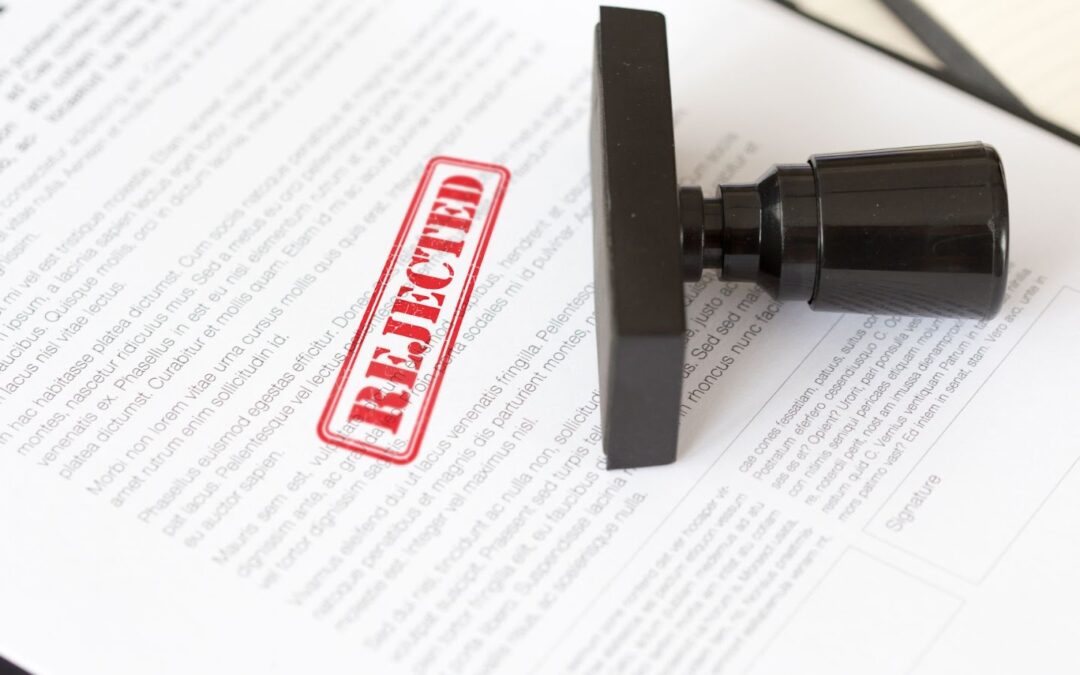
by Carroll_Estimating | Mar 25, 2025 | Exterior
When it comes to tracking costs and monitoring the overall success of your next project, coding is a key player. But it doesn’t have to be some big, complicated task. In fact, coding in your project estimates is easier than you might think. Read on to find out how. ...

by Carroll_Estimating | Mar 18, 2025 | Exterior
Procurement is one of the most important processes when it comes to any construction project. It’s the way you acquire the materials and services you need for a successful site. But, too many contractors take a reactive approach to procurement by ordering materials...

by Carroll_Estimating | Feb 25, 2025 | Exterior
Let’s set the record straight. AI isn’t here to start to taking over or replacing your QS. But it is here to change how things are done and it’s already happening. So if you’re a QS you’d want to sit up and start paying attention. Because it’s not AI that’s going to...

by Carroll_Estimating | Feb 18, 2025 | Exterior
We all know getting paid on time is a big deal and not always so straightforward in construction. Your Application for Payment (AFP) is the key to keeping cash flowing. If you don’t know the exact steps involved, here’s a breakdown of what happens during an AFP...

by Carroll_Estimating | Feb 4, 2025 | Exterior
You put in the hard work, do your record keeping and make sure everything’s followed to the letter. So when you hear the words, “We can’t accept your variation notice,” you want to kick off. But before you lose the head, take a deep breath and read on to find out what...






